Dunker
A Dunker, also known as the Norwegian Hound, is a medium-sized breed of dog from Norway. It was bred by Wilhelm Dunker to be a scenthound by crossing a Russian Harlequin Hound with dependable Norwegian scent hounds.
The Dunker's coat is straight, hard, dense, and not too short, with the most desirable colors being black or blue marbled with pale fawn and white markings.

Height:
18-22 in (47-55 cm)

Weight:
33-44 lb (15-20 cm)

Origin:
Norway

Life Expectancy:
12-15 years
Dog Breed Characteristics
Grooming
Regular brushing will take care of the dead hair, and since these dogs are moderate “shedders,” brushing will also help you keep the place clean and hair-free. Dogs’ coats have natural, protective oils that can be washed off if they are being washed too often.
They will also need other basic care; brush their teeth at least three times a week. Check their ears for signs of infection and redness, bathe them regularly, and trim their nails if they don’t wear them down naturally.
Training
Dunker is a highly energetic and active breed. They were bred to work all day, so these dogs need a lot of daily exercise. These dogs need an active lifestyle to be happy. They love to be outside and be part of the action, whether running and chasing balls, playing, jumping, or jogging.
If you are thinking about getting a Dunker, make sure you have enough free time and energy to spend outside playing and training your Dunker. If your schedule can’t allow you that, consider getting some less active breed.
Socialization
Like any other dog breed, the Dunker should start the socialization process as soon as possible. Dogs that are not well socialized are prone to behavioral problems and might react badly to situations they are not familiar with.
There are many ways you can socialize your Dunker, and the most important thing to do is to get your dog familiar with different situations they can find themselves in. Take your dog to dog parks where they can meet other dogs and people.
They can learn to react accordingly and understand that they don’t need to be scared of strangers and other dogs. It is also possible to socialize and teach your dog how to handle other pets, although they might never learn to “play nice” with other pets due to their high prey drive.
Kids
The Dunker might be a hunting breed, but they can quickly adapt to family living and a beloved family pet’s role. These dogs have become much better adapted to house life through selective breeding, and their hunting instincts and working ability haven’t been promoted so strongly.
If adequately trained, the Dunker can become as good a pet as any other breed. They will have a lot more energy than your average lap dog, but if you live an active life, you can have a great companion that will gladly follow you on all your adventures.
These dogs can even learn to coexist with other pets, but they should never be left unsupervised with smaller pets because of their genetic prey drive.
Dunker and other pets
These dogs are a hunting breed, but they learned to hunt in packs, which makes them quite tolerant of other dogs; they love having company. The Dunker was developed to hunt in coordination with other dogs and hunters.
If you are thinking about getting one of these dogs, it might be useful to think about getting them some company. They will get along with just about any breed and with dogs of both sexes. Their philosophy is “the more, the merrier.”
If your dog has some company, it is less likely to get in trouble and misbehave while you are away. They are also less likely to be bored and less likely to develop separation anxiety.
Health
Like any other dog breed, the Dunker can potentially develop health problems. If you are buying a dog, ensure the breeder can provide the necessary health tests and guarantees. Always ask to see the results of tests from the puppy’s parents.
The health problems these dogs are associated with are:
- Hip dysplasia - Genetic problem affecting hips resulting from an improperly formed hip joint.
- Progressive Retinal Atrophy - Group of diseases that affect the retina and cause it to deteriorate over time.
- Deafness
- Ear infections - Especially for dogs that love water, you need to check their ears regularly for signs of infections or redness.
Breeders
When getting a dog, the most important thing is to get it from a responsible and reputable Dunker breeder. These dogs are energetic and protective, and getting a poorly bred dog can have catastrophic results. Responsible breeders will breed dogs that don’t only look good but have great characters as well.
You must find a good Dunker breeder that can help you learn about this breed and make an informed choice about getting a dog with these characteristics. These are still rare dogs and they mostly can be found in their native land.
If you are unsure whether this is the breed for you, check out this FREE GUIDE that will help you decide which dog breed is right for you.
Updated at04.09.2023.
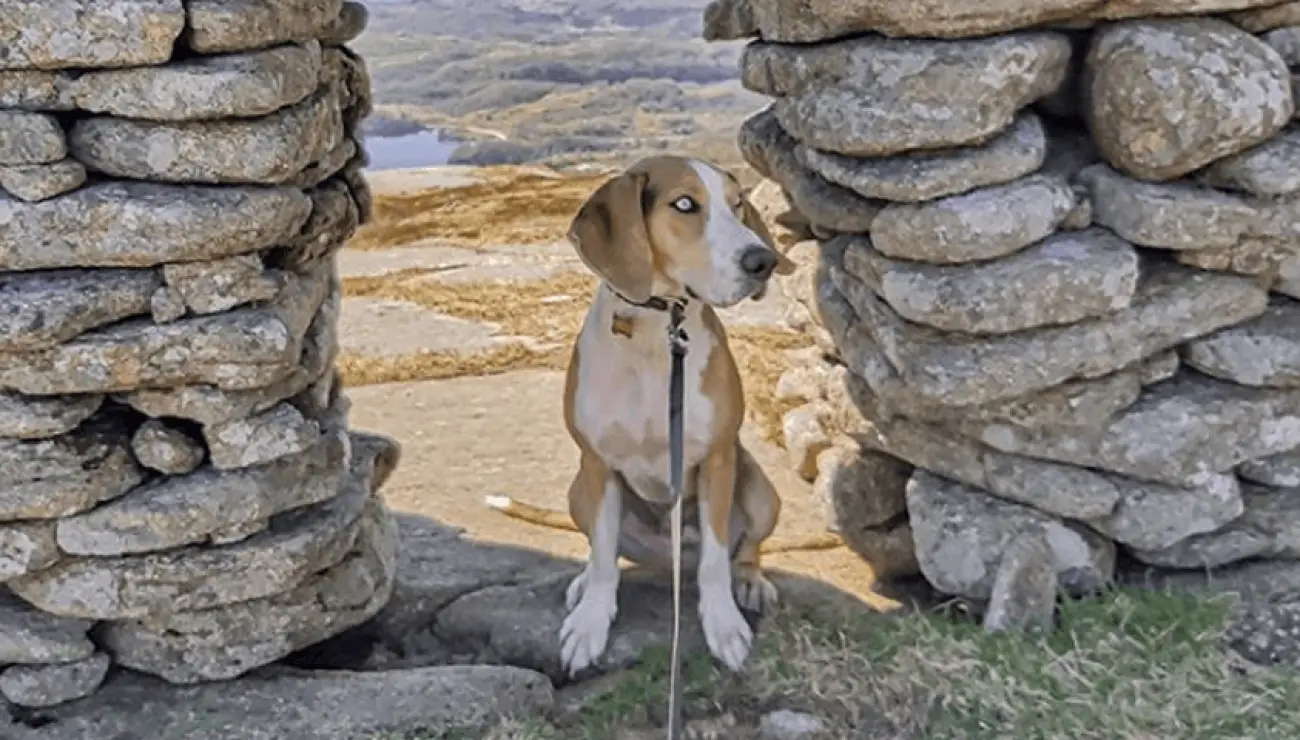
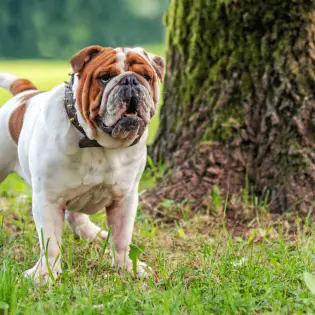
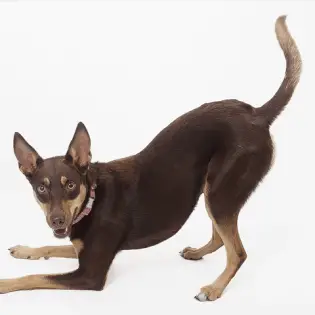

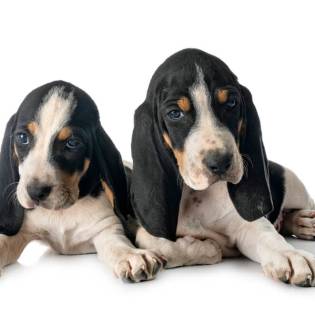

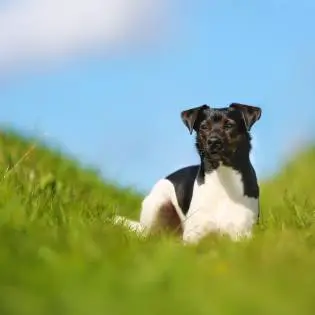

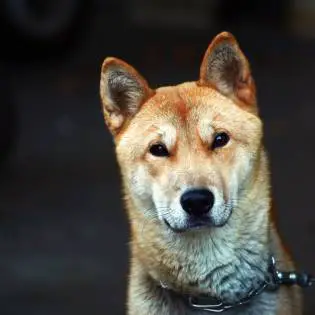
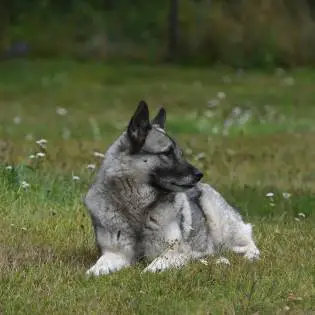
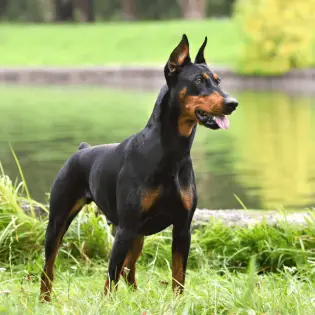

Share